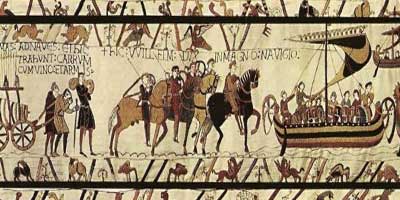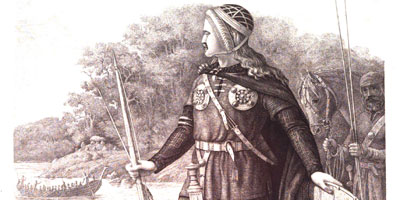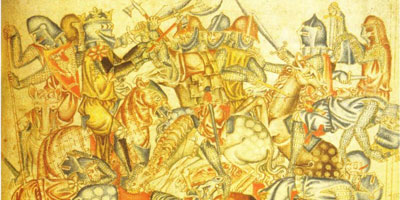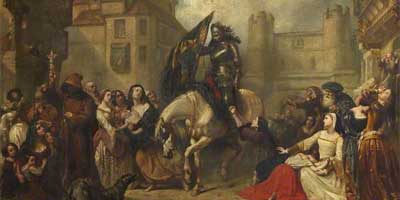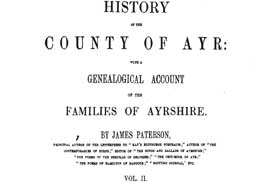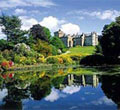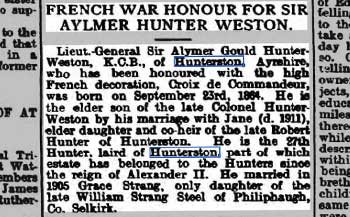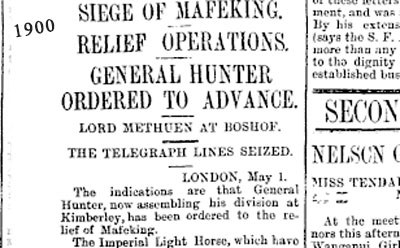The first Hunters arrived in Ayrshire in the last years of the 11th Century. They were experts in hunting and field craft with generations of experience in the forests of their land of origin, Normandy, northern France. William Hunter was invited to Scotland by David I, who was himself brought up in the Norman Court. He must have had considerable skills to have been so honoured; he was responsible for providing the Scottish Court with meat and game, a position that the Hunters held throughout the Middle Ages and beyond. In papers relating to the King's Inquisition in 1116, we find mention of Williemo Venator (William the Hunter, 1st Laird) who was appointed as Royal Huntsman while his wife had the honour of serving Queen Matilda as lady-in-waiting.William put his expertise to good use in the wild forests and fens, then rich with wildlife, which surrounded the site of the timber fortress later to become Hunter's Toun. As recognition of his family's skills the title of Royal Huntsman became a hereditary appointment.


